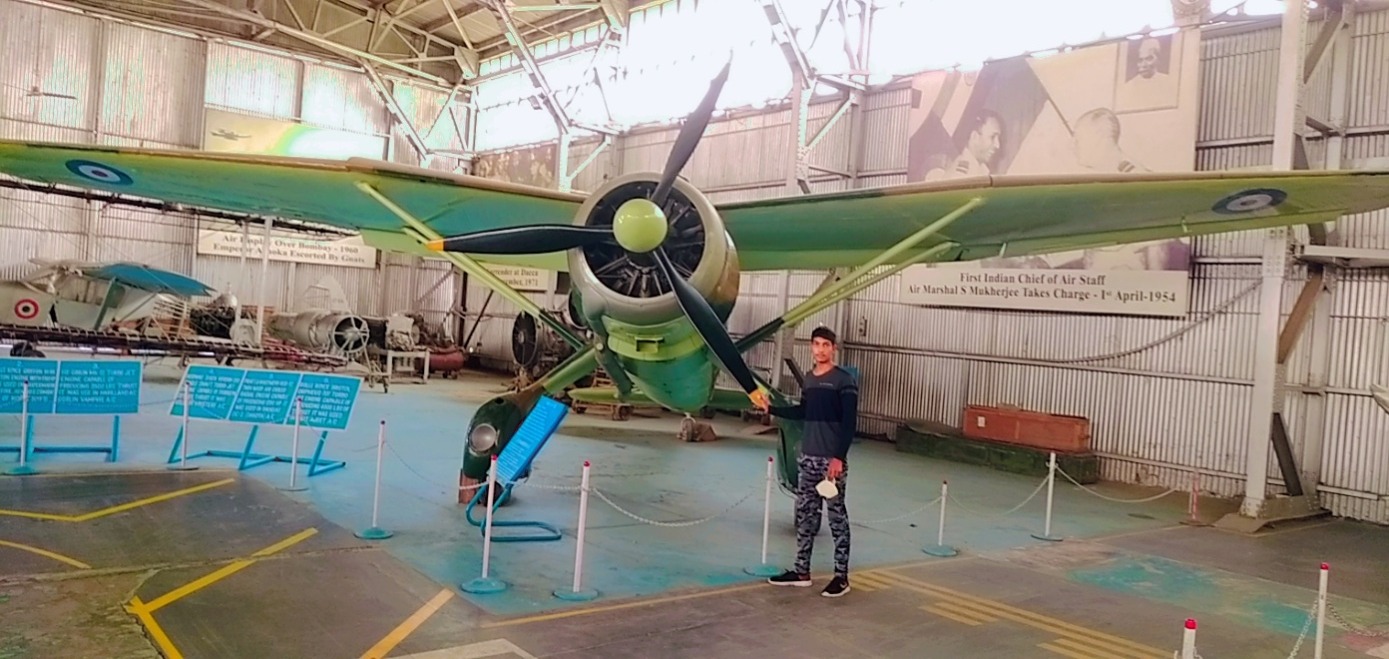There are no items in your cart
Add More
Add More
| Item Details | Price | ||
|---|---|---|---|
SSB BATCHES START EVERY 1ST & 15TH of month. Referred articles were published in The Hindu.
1. The Israel-Iran Ceasefire - Managing the Blowback
NEWS IN SHORTS
1. Belousov Assures Rajnath of Timely S-400 Delivery
Russian Defence Minister Andrey Belousov has assured India's Rajnath Singh of the timely delivery of S-400 air defence systems. During a comprehensive bilateral meeting, discussions covered defence and aviation sectors. India has already received three of the five ordered S-400 systems, with the remaining two on track for delivery by 2027. The S-400, named "Sudarshan Chakra," is critical for India's air defence, capable of engaging targets up to 400 km. Both sides also agreed to strengthen cooperation in defence and aviation.
2. What Are the Most Commonly Used Cancer Drugs?
A major investigation by the Bureau of Investigative Journalism reveals widespread issues with cancer drugs, with over 100 countries affected by quality failures. The article details common chemotherapy drugs like Cisplatin, Oxaliplatin, Cyclophosphamide, Doxorubicin, Methotrexate, and Leucovorin. Cisplatin, a platinum-based drug, treats various cancers but has severe side effects including kidney damage and hearing issues. Oxaliplatin treats colorectal cancer, while Cyclophosphamide is used for various cancers but can cause bladder inflammation. Doxorubicin causes heart damage, and Methotrexate affects cell growth. Leucovorin is used to mitigate methotrexate's side effects.
3. Pahalgam: India Declines to Sign SCO Statement & Ax-4 Docking Successful, Shukla Sets Foot in ISS
India declined to endorse a joint statement at the SCO Defence Ministers' meeting in China, citing concerns about terrorism in Balochistan and Pakistan-occupied Kashmir. Defence Minister Rajnath Singh expressed India's position on these critical issues.Separately, IAF Group Captain Shubhanshu Shukla successfully docked with the International Space Station (ISS) as part of the Axiom Mission 4 (Ax-4). Shukla, one of India's four Gaganyaan astronauts, is undergoing training for future space missions. The mission marks a significant step for India's human spaceflight program, with more training to follow for the Gaganyaan crew by 2026.
4. Strategic Misfire: Israel-Iran Conflict
A 12-day conflict between Iran and Israel ended with a tense ceasefire, described as a "historic victory" by Iran despite significant damage to its nuclear facilities and air defences. Over 600 people, mostly civilians, were killed. The conflict revealed Israel's over-reliance on the U.S. and highlighted the ineffectiveness of its air defence systems. Tehran is seeking to rebuild ties in West Asia, while the U.S. urges a diplomatic solution to Iran's nuclear program. The ongoing tensions pose a serious threat to stability in West Asia.
5. Runway in Delaying Details About Air India Crash Is Causing Anxiety
Two weeks after an Air India Express flight AI 171 from Ahmedabad crashed on June 12, the digital flight data recorder (DFDR) and cockpit voice recorder (CVCR) have been secured. Initial reports suggest multiple issues, including an unlatched door, during takeoff. The aircraft, a Boeing 787 Dreamliner, showed a sudden descent and inability to climb, eventually crashing into the runway. Experts and the public express anxiety over the delay in releasing full flight data, which is crucial for determining the precise cause of the accident.
6. Terrorist Dies in J&K Encounter & Bangladesh Talks Can Happen in Conducive Environment; India
An unidentified terrorist was killed during an anti-militancy operation in Jammu and Kashmir. The army stated that three more terrorists remain holed up.Meanwhile, External Affairs Ministry remarks suggest Bangladesh talks could happen in a "conducive environment." Former High Commissioner Riva Ganguly Das and other experts believe that progress on water sharing and border management would improve ties. A proposed meeting on the renewal of the Ganga Water Sharing Treaty and other bilateral issues were discussed, aiming for a stronger relationship between the two nations.
7. Issue Birth Certificate Before Discharge of Baby, RGI Tells States
The Registrar-General of India (RGI) has instructed all states to ensure birth certificates are issued to mothers of newborns before hospital discharge. This directive applies to all births, whether in hospitals or at home, and aims to streamline the registration process and improve child welfare. The RGI noted that currently, over 90% of institutional births lack immediate birth registration, leading to delays and complications. The move is expected to simplify access to government services for new parents and ensure timely record-keeping.

Sachin Jangir